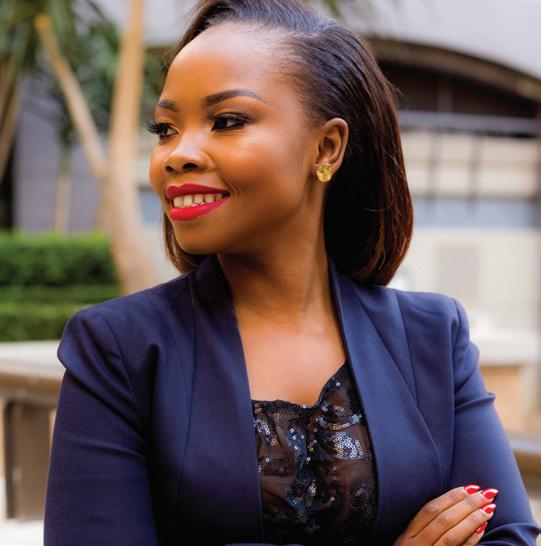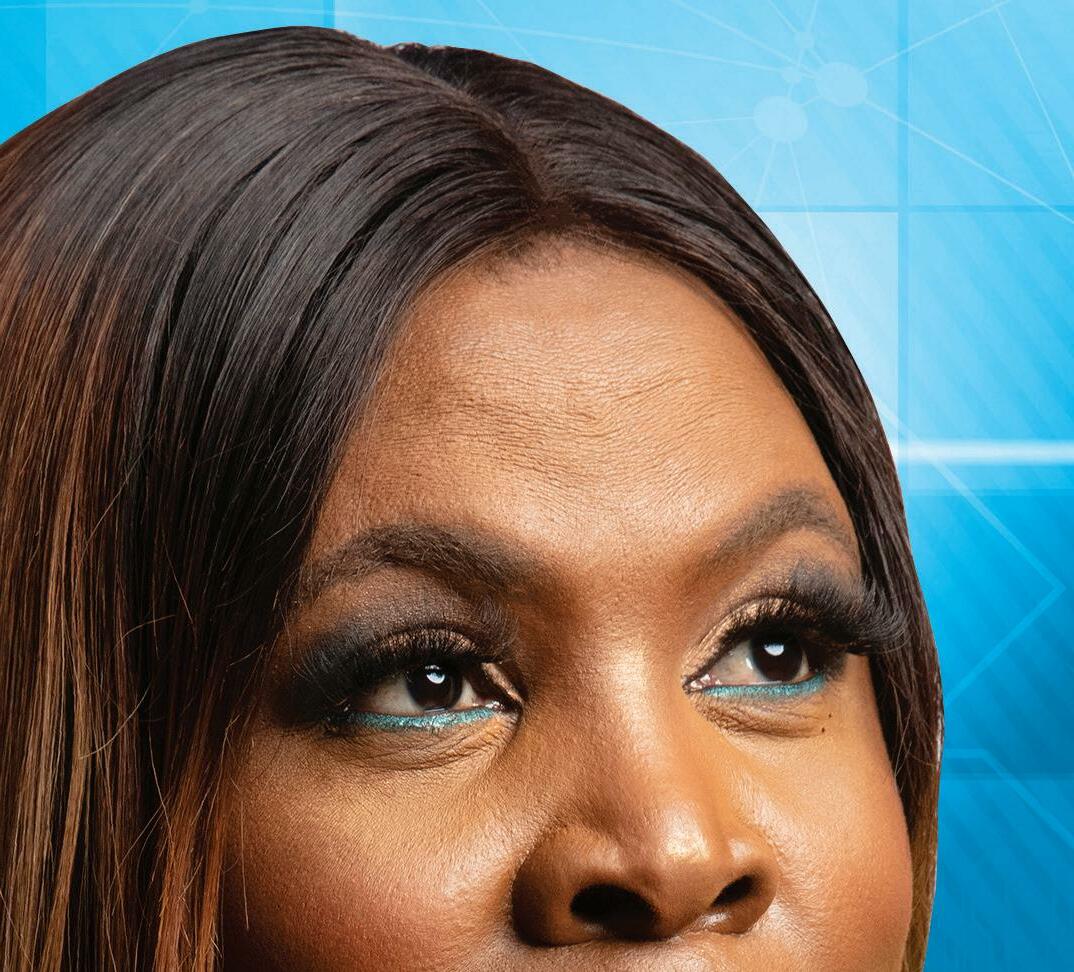
4 minute read
Environmental Engineer | Media CEO
NEXT-GENERATION ENGINEERING
JUAREX AMARAL FILHO, DSC
ENVIRONMENTAL ENGINEER CENTRE FOR BIOPROCESS ENGINEERING RESEARCH (CEBER), DEPARTMENT OF CHEMICAL ENGINEERING, UCT
WHY THIS PROFESSION?
Actually, I am still building my professional career as a researcher. After I got my Environmental Engineering degree back in Brazil, I worked for a couple of years in the metalwork industry. However, I had much more rewarding experiences as a lab assistant during my undergraduate years, which drew me back into the research fi eld. And still there!
WHAT TRAINING DID YOU DO, AND WHERE?
I spent 17 months on an MSc degree and then four years as a PhD candidate to become a Doctor of Mineral and Environmental Technology. Both my MSc and PhD certifi cates are from the Postgraduate Programme in Mining, Metallurgical and Materials Engineering, Federal University of Rio Grande do Sul, Brazil.
DESCRIBE A TYPICAL DAY AT WORK
I don’t have a daily routine. I often meet up with supervisors and students and conduct lab work through planned experiments. I also do literature research/surveying and experimental planning, and I spend a considerable amount of my time writing up projects to procure funding as well as papers for conferences and peerreview journals.
WHAT DO YOU ENJOY?
Most of the aspects of researching in academia are great. The opportunity to learn new things every day with a diverse group of students, colleagues and high-level professors is priceless.
WHAT DON’T YOU LIKE?
Not having a set daily routine can be tricky sometimes. And you probably have to give up a couple of weekends over the year to meet some last minute deadline.
DIFFICULTIES YOU’VE HAD?
Giving up my career in the industry to become a researcher – there is less money in academia, which makes it hard to get your family to support your decision. Also, leaving my home country to try working on my career abroad has been emotionally challenging. And adapting to a new language and a diff erent culture requires a lot of extra eff ort.
WHAT ARE YOUR GOALS FOR THE FUTURE?
To keep on researching for innovative solutions to assist the mining sector in addressing the environmental and social issues related to their operations; to help the next generation of engineers see the big picture in terms of sustainable development. They can then help future companies/industries conduct their activities according to circular economy and resources conservation principles.
WHAT ADVICE WOULD YOU GIVE TO SOMEONE STARTING OUT IN YOUR CAREER?
Be patient, persistent and resilient!
DESCRIBE YOUR JOB IN THREE WORDS
Research, Technology and Innovation.

AYANDA-ALLIE PAINE
CEO / FOUNDER AND EXECUTIVE DIRECTOR SHEKINAH MEDIA / BUKHO BAMI YOUTH CENTRE
WHY THIS PROFESSION?
I have always been passionate about people. After high school, I fi gured that because I was quite talkative, creative and inquisitive, broadcasting would be a natural fi t. I was right. As I travelled around SA as a media professional, the joys and pains of many in this country became more evident. This led me to community
TAKING THE WORLD BY STORM
development, and trying to do my part in making a diff erence.
WHAT TRAINING DID YOU DO?
I didn’t undergo any formal media skills development training. As a development practitioner, I learnt through closely observing others and volunteering.
WHAT DO YOU LIKE THE MOST ABOUT YOUR JOB?
I love the many opportunities it gives me to care, communicate and create. I get to interact with diff erent people (Shekinah Media’s clients as well as Bukho Bami’s partners or benefi ciaries), listen to their needs and help develop solutions to their concerns.
WHAT’S BEEN THE GREATEST HIGHLIGHT IN YOUR CAREER SO FAR?
No moment beats the look of pride on my children’s faces when they attend work events and see their ordinary mom leading a team who do extraordinary things. I hope it teaches them that they too can do and be anything humanly possible.
ADVICE FOR SOMEONE STARTING OUT?
It’s not easy to make it in the media or development industry. I had been in media for over a decade before I started Shekinah Media and Bukho Bami. I did all the jobs that most people didn’t want to do. Be humble but assertive and never loose heart. Work hard at what you have to do, so one day you can do what you want to do.
WHY STUDY AT UNISA’S COLLEGE OF HUMAN SCIENCES?
As a young mother, wife and career woman, I didn’t have the luxury of studying full time. Studying at Unisa’s College of Human Sciences allowed me to work and study simultaneously, so I ended up gaining both theoretical and practical know-how.
HOW HAS UNISA PREPARED YOU FOR YOUR CURRENT CAREER?
Distance learning is very diffi cult: it takes discipline, commitment and sacrifi ce. These qualities have stood me in good stead in my career. As an entrepreneur, you have to be a self-starter and a hardworker, but you can’t be afraid to ask for help when you need it. Unisa’s staff have always been on hand to provide me with support and assistance.
WHAT ROLE DO YOU BELIEVE UNISA CAN PLAY IN EDUCATING PEOPLE IN SOUTH AFRICA AND BEYOND?
A university like Unisa is imperative to Africa’s development agenda. Most importantly, Unisa is very aff ordable. Secondly, Unisa is highly accessible; it allows people to study wherever they are in the world, and whatever they are interested in. Lastly, Unisa is redemptive, as it allows people who usually wouldn’t have the option of tertiary education due to personal circumstances a chance by allowing them to work and study at the same time.










